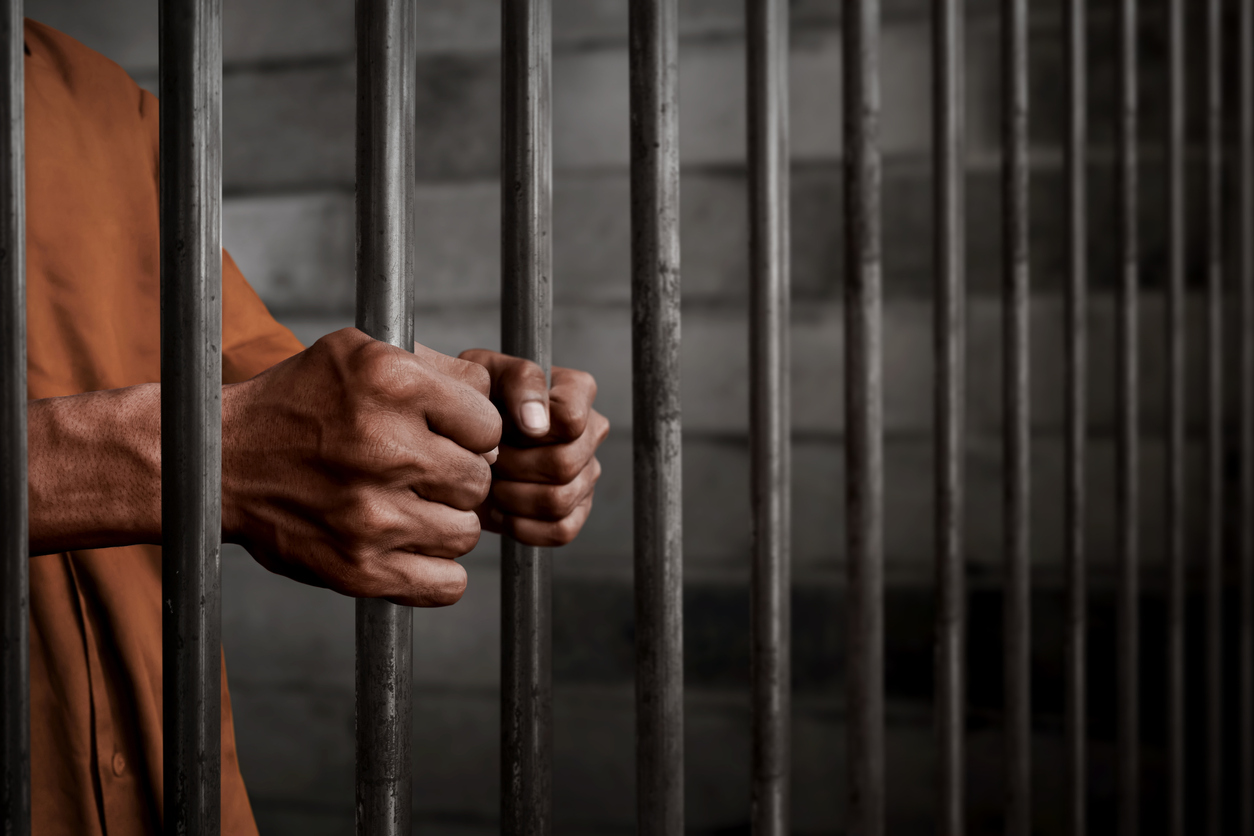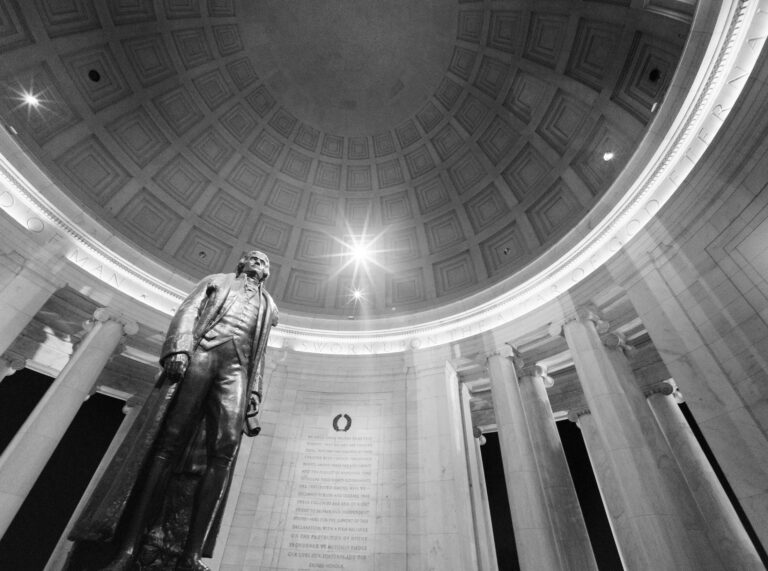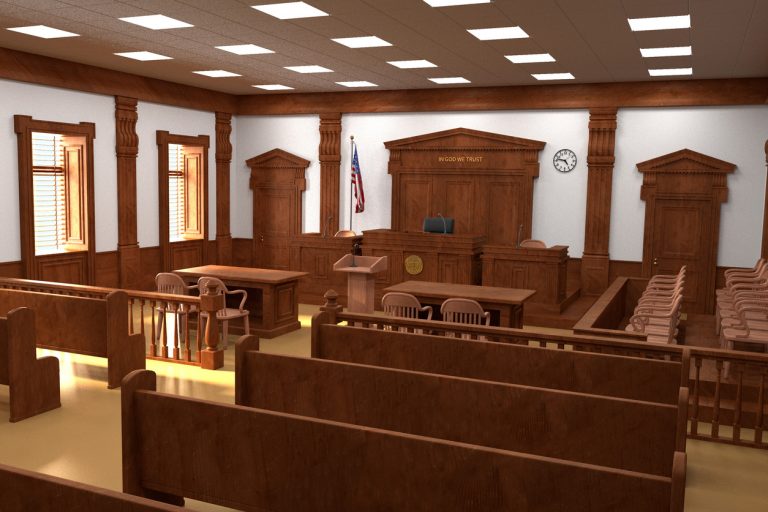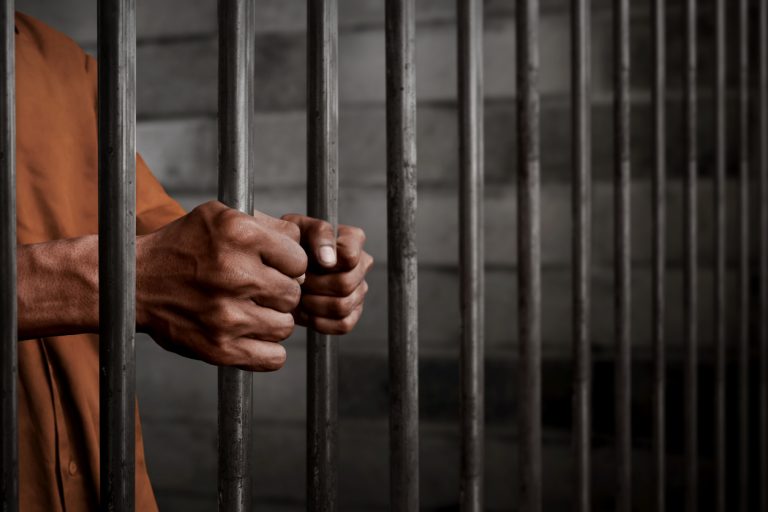What Are The January 6th Capital Demonstrators Accused Of?
by Andrew Allen, Esq.
One year later, the events of January 6, 2021 remain wildly confusing. And the tendentious and inaccurate reporting by the media has not helped.
The Associated Press calls the event “the most sustained attack on the seat of American democracy since the War of 1812.” Other outlets continue to label the event “The deadly insurrection by Donald Trump supporters.”
Even the number of people who attended the rally is unclear, with reports varying by a factor of ten. It seems to have been a diverse crowd ranging from Falong Gong members, Cuban exiles, and anti-communist Vietnamese to a tiny handful of people waving Confederate battle flags or wearing outlandish costumes. Lumpen drifters and fentanyl users drawn to the excitement, rubbed shoulders with undercover police, federal agents, and militia members. Some people were protesting what they saw as election fraud. Some were supporting the petition to Congress to reconsider the election results in Arizona and Pennsylvania. Many were just onlookers.
One important fact, ignored by the media, is that not a single participant in the melee of January 6 has been charged with insurrection, treason, manslaughter or murder. The media coverage is so ridiculously distorted that the FBI website (not known to be favorable to accused criminals) is a better source of information than any of the major media outlets.
According to the FBI website, approximately 710 defendants have been arrested — representing nearly all 50 states. This includes those charged in both District and Superior Court. (details here).
These unfortunate people have had the book thrown at them; being accused of a wide variety of crimes. Among them Entering and Remaining in a Restricted Building; Disorderly and Disruptive Conduct in a Restricted Building; Disorderly Conduct in a Capitol Building; Parading, Demonstrating, or Picketing in a Capitol Building, Knowingly Entering or Remaining in any Restricted Building or Grounds without Lawful Authority, Destruction of Government Property Exceeding $1,000, or aiding or abetting any of the above.
The lynchpin accusation against the “insurrectionists” is that they kept Congress from certifying the Electoral College votes for president of the United States.
So, what specific laws are these people charged with breaking?
The FBI tells us that at least 270 defendants have been charged with corruptly obstructing, influencing, or impeding an official proceeding, or attempting to do so. The FBI has charged these people under 18 U.S.C. § 1512(c) (2). Obstruction of an Official Proceeding.
18 U.S.C. § 1512(c) was directed at Witness Tampering but now applies to all official proceedings including a hearing in Congress. Paragraph (c) reads;
(c) Whoever corruptly–
(1) alters, destroys, mutilates, or conceals a record, document, or other object, or attempts to do so, with the intent to impair the object’s integrity or availability for use in an official proceeding; or
(2) otherwise obstructs, influences, or impedes any official proceeding, or attempts to do so, shall be fined under this title or imprisoned not more than 20 years, or both.
The Justice Department describes the law;
Section 1512 of Title 18 constitutes a broad prohibition against tampering with a witness, victim or informant. It proscribes conduct intended to illegitimately affect the presentation of evidence in Federal proceedings or the communication of information to Federal law enforcement officer.
Further details can be accessed here.
The gap between claims of deadly insurrection and the actual crime of interfering with a hearing is startling. But it becomes more startling if we apply the facts to the law. The Government’s description of the events is the same in almost all its papers. Here is the description from the case of Mr. Alvear Gonzalez:
On January 6, 2021, a joint session of the United States Congress convened at the United States Capitol, which is located at First Street, SE, in Washington, D.C. During the joint session, elected members of the United States House of Representatives and the United States Senate were meeting in separate chambers of the United States Capitol to certify the vote count of the Electoral College of the 2020 Presidential Election, which had taken place on November 3, 2020. The joint session began at approximately 1:00 p.m. Shortly thereafter, by approximately 1:30 p.m., the House and Senate adjourned to separate chambers to resolve a particular objection…As the proceedings continued in both the House and the Senate, and with Vice President Pence present and presiding over the Senate, a large crowd gathered outside the U.S. Capitol. As noted above, temporary and permanent barricades were in place around the exterior of the U.S. Capitol building, and U.S. Capitol Police were present and attempting to keep the crowd away from the Capitol building and the proceedings underway inside. At such time, the certification proceedings were still underway and the exterior doors and windows of the U.S. Capitol were locked or otherwise secured. Members of the U.S. Capitol Police attempted to maintain order and keep the crowd from entering the Capitol; however, shortly around 2:00 p.m., individuals in the crowd forced entry into the U.S. Capitol, including by breaking windows and by assaulting members of the U.S. Capitol Police, as others in the crowd encouraged and assisted those acts. Shortly thereafter, at approximately 2:20 p.m. members of the United States House of Representatives and United States Senate, including the President of the Senate, Vice President Pence, were instructed to and did evacuate the chambers. Accordingly, the joint session of the United States Congress was effectively suspended until shortly after 8:00 p.m.
The salient fact is that none of the 270 defendants were in or at the doors of the Congressional chambers at 2:20p.m. and did not directly disrupt the proceedings. In the critical period between “shortly around 2:00 p.m.,” and “approximately 2:20 p.m.” someone decided to instruct Congress to “evacuate the chambers.” Members of Congress obeyed the instruction with an alacrity which even exceeded the Congressional stampede of October 15, 2001, (caused by the discovery of a letter with possible anthrax spores in it). The instruction to evacuate the chambers was the direct cause of the suspension of Congress.
The security-based decision to instruct Congress to “evacuate the chambers” may or may not have been necessary. The number of the 270 defendants who entered either the House or Senate chambers seems to be very low but, again, it is unclear from the news coverage. It is worth noting that security concerns, not the actions of any defendant, caused the continued shutdown of Congress for several hours as police searched the building for bombs or persons not authorized to be in the building.
A requirement of §1512 is that the defendant must act “corruptly.” For an act to be done corruptly, the actor needs to be intending to personally benefit by the tampering. An example would a defendant seeking to bribe a witness to give more favorable testimony. But the requirement of seeking personal benefit does not apply to the accused 270. Quite the opposite. Whether or not you agree with them, the 270 defendants were taking a serious personal risk for patriotic motives on January 6th.
The media and many politicians still talk about a “deadly insurrection” on January 6 2021. There is a backstory to continued refrain of insurrection. Insurrection is a felony under 18 U.S.C. §2383 but the Justice Department recognizes that none of the defendants whether protestor/petitioners/curious on-lookers violated §2383.
§2383 also declares that whoever violates this statute shall be incapable of holding any office under the United States. Thus, the target of all the insurrection talk is Donald Trump and control of Congress. The 710 January 6th defendants are pawns in a larger struggle for political power.
Andrew Allen is a San Francisco-based attorney who practices civil rights and constitutional law.
If you found this information useful, please consider making a small tax-deductible donation to the FEF. Every dollar counts in our fight to keep Free Expression free. Click the DONATE button at the top right corner of this page, and thank you!
*** IMPORTANT DISCLAIMER***
Information herein and throughout this website is for educational purposes only and does not constitute legal advice directed towards individuals, groups, or organizations.
FEF does maintain relationships with lawyers, law firms, and other experts throughout the United States and can help direct people towards such resources and, to an extent, serve in an advisory capacity. But the FEF is not, in any way, a law firm or legal partnership.
The FEF recommends that legal advice should always be obtained by a qualified attorney licensed to practice law in the relevant jurisdiction.







